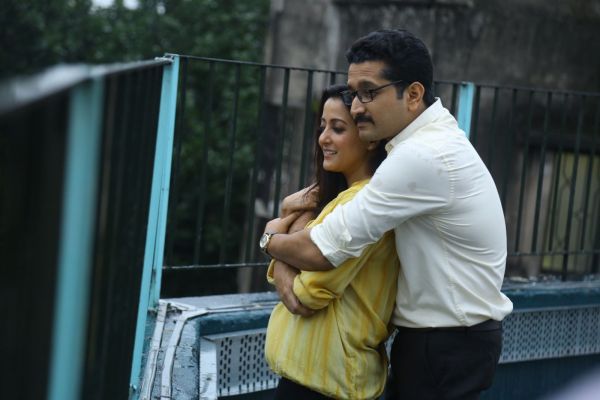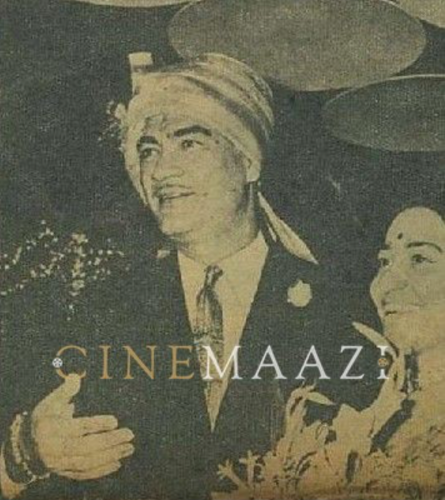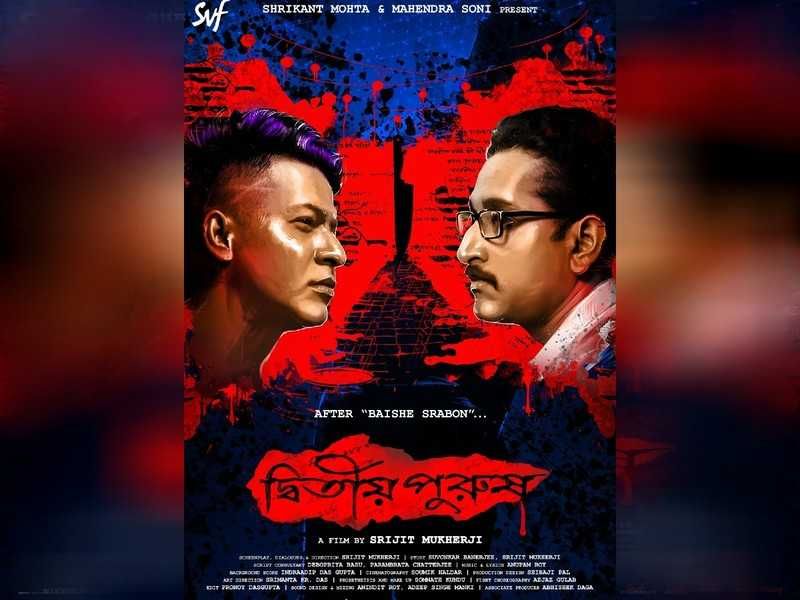Dwitiyo Purush: A visceral, violent take on the depravity of the human condition
Subscribe to read full article
This section is for paid subscribers only. Our subscription is only $37/- for one full year.
You get unlimited access to all paid section and features on the website with this subscription.
Not ready for a full subscription?
You can access this article for $2, and have it saved to your account for one year.
Cast: Parambrata Chattopadhyay, Anirban Bhattacharjee, Raima Sen, Rwitobroto Mukherjee
Directed by: Srijit Mukherji
Few film-makers do the underbelly – both of the city and of the human mind – with as much panache and rawness as Srijit Mukherji, and Dwitiyo Purush continues his exploration of the same after Baishey Srabon, Chotushkone and Vinci Da.
Baishey Srabon (2011) ushered in a new kind of cinema in Bengali, altering its audio-visual landscape forever. Despite its star trappings, it created a bleak, realistic socio-cultural scenario that was at odds with everything the Bengali bhadralok identified with. As such, attempting to follow up on its premises was always going to be tough act. In his new film then, Srijit does well to steer clear of certain aspects of the original – its engagement with the social and cultural milieu, for example – and concentrate instead on the thriller aspects focusing on the warped mind games of its two protagonists. Police officer Abhijit Pakrashi (Parambrata), still haunted by the spectre of his senior Prabir Ray Chaudhuri (Prosenjit), and the suspected ‘serial killer’ Khoka (Anirban Bhattacharjee) who has a thing for Shah Rukh Khan songs and engraving his name on the forehead of his victims.
.JPG/DEEP9292%20(1)__600x400.JPG)
Needless to say, Pakrashi’s obsession with his job and with the gore and grime he deals with impact his marital life which, to put it mildly, is on the rocks, though he himself might see it differently. His wife Amrita (Raima) is visiting the shrink and is increasingly alienated from Abhijit. Despite this, and their bitter banter over Hindi/Bangla and English/Bangla, Raima’s presence (maybe a shade undercooked) provides a glimmer of light in what is a relentlessly bleak film. Her Ganga-ghat sequence with Abir Chatterjee, where she zaps him by telling him how much she misses him, is a delightful digression.

By now you expect a Srijit film to bristle with the kind of dialogue that only he can put across with such conviction without seeming like he is playing to the gallery (though the aisles were in splits at the extremely colourful vocabulary). Dwitiyo Purush doesn’t disappoint on that score or those typical Srijit touches: a torture sequence at a lock-up where the police officer ends up asking for time-out! Or Pakrashi threatening a suspect named Jimmy, who claims he doesn’t remember much about Khoka, with the classic line: Jimmy, jog your memory so it goes aja, aja – helped immeasurably by Parambrata’s throwaway delivery. A brief lull where relationships come to the foreground and are headed for some measure of healing is jolted by a sequence of shocking cruelty as the film hurtles towards its convoluted and jaw-dropping twist in the tale.
.JPG/DEEP9327%20(1)__600x400.JPG)
Tags
About the Author
Shantanu Ray Chaudhuri is either an 'accidental' editor who strayed into publishing from a career in finance and accounts or an 'accidental' finance person who found his calling in publishing. He studied commerce and after about a decade in finance and accounts, he left it for good. He did a course in film, television and journalism from the Xavier's Institute of Mass Communication, Mumbai, after which he launched a film magazine of his own called Lights Camera Action. As executive editor at HarperCollins Publishers India, he helped launch what came to be regarded as the go-to cinema, music and culture list in Indian publishing. Books commissioned and edited by him have won the National Award for Best Book on Cinema and the MAMI (Mumbai Academy of Moving Images) Award for Best Writing on Cinema. He also commissioned and edited some of India's leading authors like Gulzar, Manu Joseph, Kiran Nagarkar, Arun Shourie and worked out co-pub arrangements with the Society for the Preservation of Satyajit Ray Archives, apart from publishing a number of first-time authors in cinema whose books went on to become best-sellers. In 2017, he was named Editor of the Year by the apex publishing body, Publishing Next. He has been a regular contributor to Anupama Chopra's online magazine Film Companion. He is also a published author, with two books to his credit: Whims – A Book of Poems (published by Writers Workshop) and Icons from Bollywood (published by Penguin Books).








.jpg)



